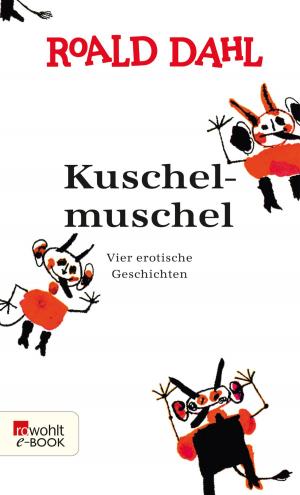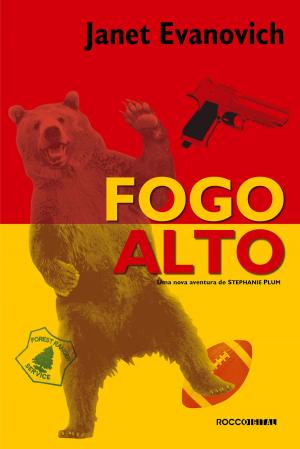Politically Panchatantraed: tawdry tales of politicians, bureaucrats and other animals
Fiction & Literature, Humorous| Author: | Ajoy Alexander | ISBN: | 9781370645794 |
| Publisher: | Ajoy Alexander | Publication: | May 9, 2017 |
| Imprint: | Smashwords Edition | Language: | English |
| Author: | Ajoy Alexander |
| ISBN: | 9781370645794 |
| Publisher: | Ajoy Alexander |
| Publication: | May 9, 2017 |
| Imprint: | Smashwords Edition |
| Language: | English |
Once upon a time, there were some woods lovely, dark and deep. Here, on an auspicious day, you could see a fox trot or a leopard change its spots. You might see pigs fly and eagles getting high.
You would also notice that using on-the-spot thought, or off-the-cuff rebuff, the fly in the ointment, fish out of water, bee in the bonnet, bats in the belfry, moth near a flame, the stuck pig… all these endangered, proverbial personalities escape their inevitable fates.
But even in such an amazing world, where members of the animal kingdom show off by vocalizing vociferously or dare to dream by visualizing vividly, there is one group of brute beings that remains stubbornly selfish. That’s right. Our politicians continue to go from bad to barbaric, from corrupt to cockroachy.
Politically Panchatantraed is a short-story, tall-tale series, stolen and adapted from the ancient collection of animal fables from India, The Panchatantra.
Written around the third century BC in Sanskrit, The Panchatantra has enthralled and entertained countless generations of avid and awed readers, with stories of fine and friendly animals getting along famously with fickle and foolish humans. Over the centuries, The Panchatantra has gone global, with over two hundred versions in over 50 languages. With a youthful, impressionable audience that extends from third world hutholds to ultra urban zip codes, one should not be surprised to see copies of The Panchatantra sitting shyly on splintering slabs in shabby shacks, or stylishly setup on shiny sliding shelves in stately skyscrapers.
But all versions, all translations of these folk fables remain true to the original, and no re-teller has been irresponsible enough to disgustingly deform or pathetically parody these tales. Till now.
After all, in today’s confusingly complex world, tales of animated animals and their audacious adventures, artistic acumen and altruistic aspirations are not enough.
We need to know why politicians shed crocodile tears when crying wolf, why dogs of war usually bark up the wrong tree, why those in power try to cover up when curiosity kills the cat or you smell a rat, how politicians cleverly mix apples and oranges after upsetting the apple cart… This is where Politically Panchatantraed comes into play.
Today, the woods have turned lousy, dreadful and depraved. Political predators with insatiable hunger for power and unquenchable thirst for wealth, hunt unscrupulously for bliss, benefit and bounties beyond. Cool, shady foliage has given way to crooked, shady corporations. And the lofty, life lesson morals at the end of folk tales have been forced into retirement due to lack of interest.
But despite all those political wolves in cheap clothing trying to pull the wool over our eyes, the power of the people, and their no-nonsense common sense, will hopefully guide society toward a storybook ending. With a little help from a Holy Cow, of course.
Once upon a time, there were some woods lovely, dark and deep. Here, on an auspicious day, you could see a fox trot or a leopard change its spots. You might see pigs fly and eagles getting high.
You would also notice that using on-the-spot thought, or off-the-cuff rebuff, the fly in the ointment, fish out of water, bee in the bonnet, bats in the belfry, moth near a flame, the stuck pig… all these endangered, proverbial personalities escape their inevitable fates.
But even in such an amazing world, where members of the animal kingdom show off by vocalizing vociferously or dare to dream by visualizing vividly, there is one group of brute beings that remains stubbornly selfish. That’s right. Our politicians continue to go from bad to barbaric, from corrupt to cockroachy.
Politically Panchatantraed is a short-story, tall-tale series, stolen and adapted from the ancient collection of animal fables from India, The Panchatantra.
Written around the third century BC in Sanskrit, The Panchatantra has enthralled and entertained countless generations of avid and awed readers, with stories of fine and friendly animals getting along famously with fickle and foolish humans. Over the centuries, The Panchatantra has gone global, with over two hundred versions in over 50 languages. With a youthful, impressionable audience that extends from third world hutholds to ultra urban zip codes, one should not be surprised to see copies of The Panchatantra sitting shyly on splintering slabs in shabby shacks, or stylishly setup on shiny sliding shelves in stately skyscrapers.
But all versions, all translations of these folk fables remain true to the original, and no re-teller has been irresponsible enough to disgustingly deform or pathetically parody these tales. Till now.
After all, in today’s confusingly complex world, tales of animated animals and their audacious adventures, artistic acumen and altruistic aspirations are not enough.
We need to know why politicians shed crocodile tears when crying wolf, why dogs of war usually bark up the wrong tree, why those in power try to cover up when curiosity kills the cat or you smell a rat, how politicians cleverly mix apples and oranges after upsetting the apple cart… This is where Politically Panchatantraed comes into play.
Today, the woods have turned lousy, dreadful and depraved. Political predators with insatiable hunger for power and unquenchable thirst for wealth, hunt unscrupulously for bliss, benefit and bounties beyond. Cool, shady foliage has given way to crooked, shady corporations. And the lofty, life lesson morals at the end of folk tales have been forced into retirement due to lack of interest.
But despite all those political wolves in cheap clothing trying to pull the wool over our eyes, the power of the people, and their no-nonsense common sense, will hopefully guide society toward a storybook ending. With a little help from a Holy Cow, of course.















